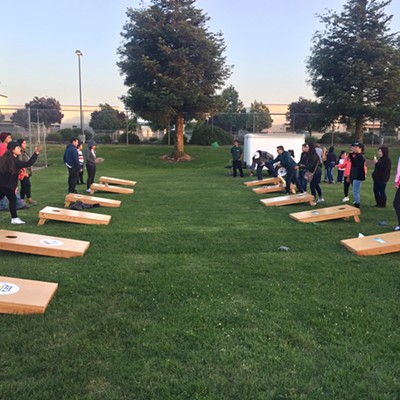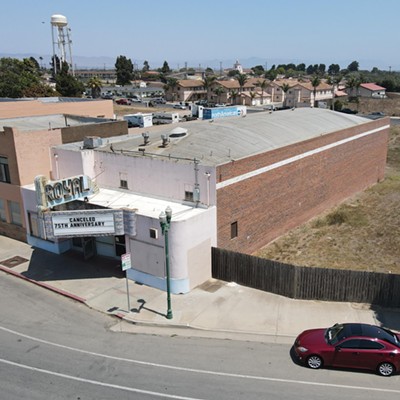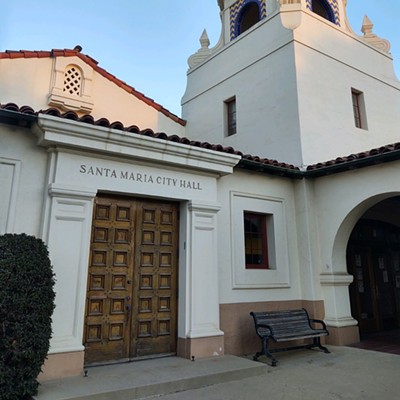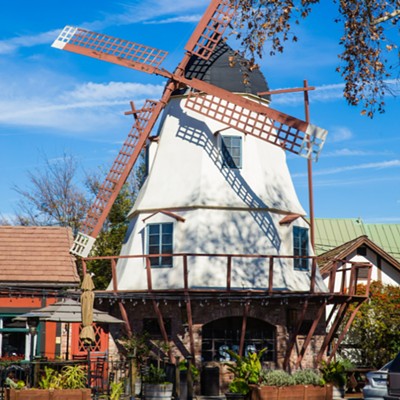• U.S. Sens. Laphonza Butler (D-California) and Kirsten Gillibrand (D-New York) announced the introduction of the Health Equity Innovation Act, legislation to fight racial disparities in health outcomes by expanding access to preventative health care in underserved communities, according to a June 21 statement from Butler’s office. The bill would establish a new grant program to provide federal funding to faith- and community-based organizations located in medically underserved areas. Grants would help cover the cost of providing preventative care—including free or low-cost health screenings, vaccinations, family planning services, and mental health services, hiring community health workers, and expanding capacity. Butler and Gillibrand are calling for $50 million for this program to be included in the fiscal year 2025 government funding bill. “This legislation would broaden access to essential health care by providing communities with both culturally and linguistically appropriate options for health care services and screenings,” Butler said in the statement. “There are clear health inequities people from marginalized communities face, and this bill would help bridge that gap and improve health outcomes.”
• U.S. Rep. Salud Carbajal (D-Santa Barbara) applauded new executive actions by President Joe Biden designed to keep families together by protecting noncitizen spouses and children of U.S. citizens from separation or deportation and streamlining visa processes for Dreamers—the recipients of the Deferred Action for Childhood Arrivals program—according to a June 18 statement from Carbajal’s office. The updated rules will allow certain long-term undocumented individuals who are married to or are noncitizen children of U.S. citizens to remain in the United States while applying for permanent status. Due to barriers in the current U.S. immigration system, prior rules prevented spouses or children of a U.S. citizen from adjusting their legal residence status without leaving the U.S. for years to await approval, often a lengthy bureaucratic process. “Despite years and decades of contributions to our country and economy, thousands of American families still live under threat of forced separation because of our outdated immigration system,” Carbajal said in the statement. “These updated rules will help U.S. citizens with noncitizen spouses or children keep their families together by allowing undocumented immigrants with long histories and deep ties in our communities to remain here as they apply to change their legal status, rather than risk prolonged legal limbo or deportation.”
• Gov. Gavin Newsom announced the state’s support for the return of more than 2,800 acres of ancestral land to the Shasta Indian Nation, according to a June 18 statement from Newsom’s office. This return is one of the largest in state history and part of the state’s ongoing efforts to right the historical wrongs committed against the Native communities of California, according to the governors’ office. “This work is a down payment on the state’s commitment to do better by the Native American communities who have called this land home since time immemorial,” Newsom said in the statement. “By listening to and working with tribes across the state, including to return ancestral homelands and restore the environment, we are healing deep wounds and rebuilding trust between our people.” Newsom officially apologized on behalf of the state to California Native American peoples five years ago—on the future site of the California Indian Heritage Center—he also announced the creation of the California Truth and Healing Council. Through collaborative and consultative work of the council, the Governor’s Office of Tribal affairs, and tribes across the state, the state has developed a number of programs and initiatives, including the state’s goal to conserve 30 percent of lands and coastal waters by 2030 and create the Tribal Nature-Based Solutions grant program.









